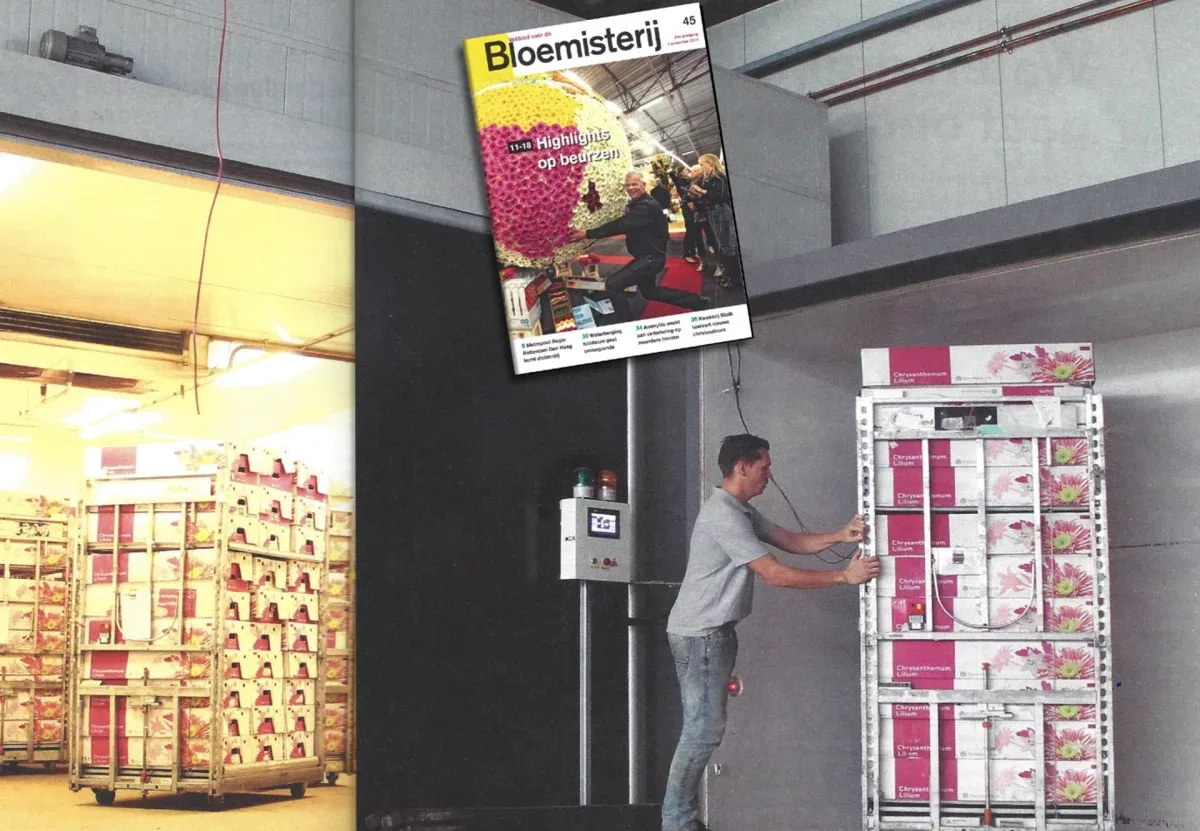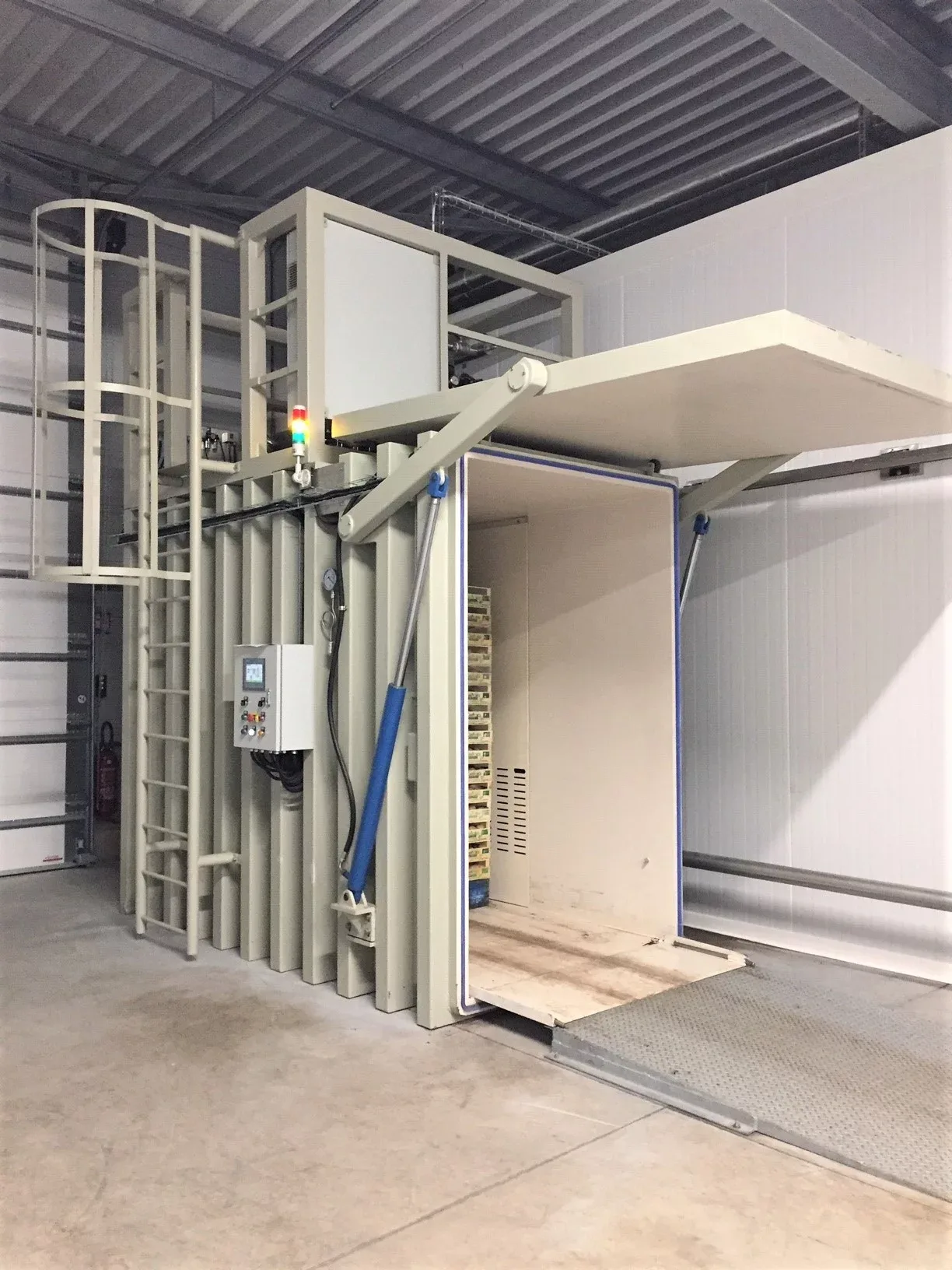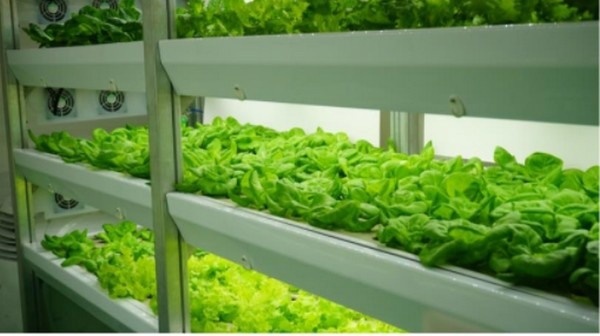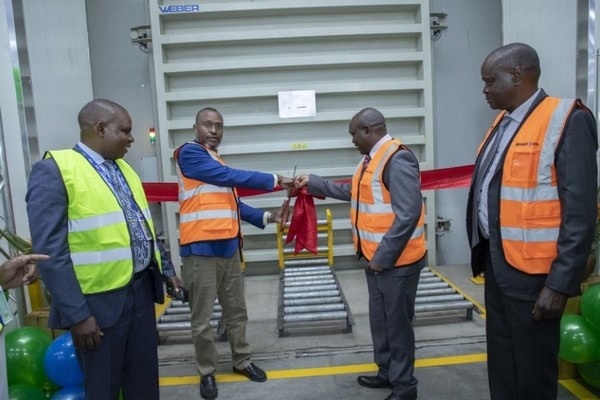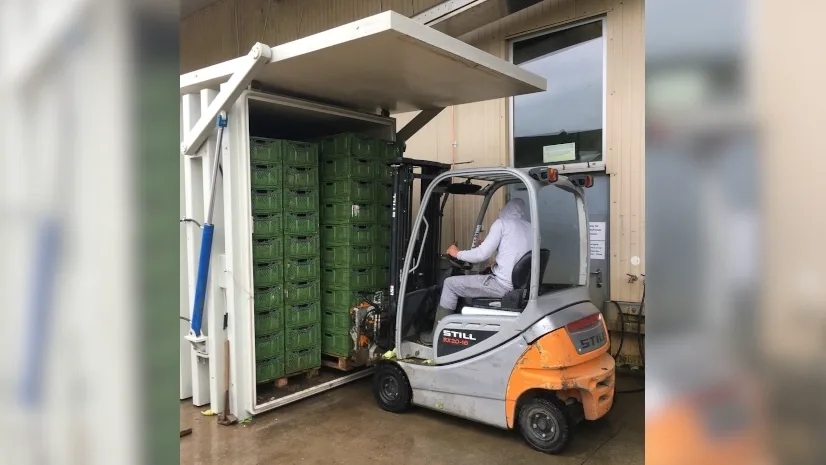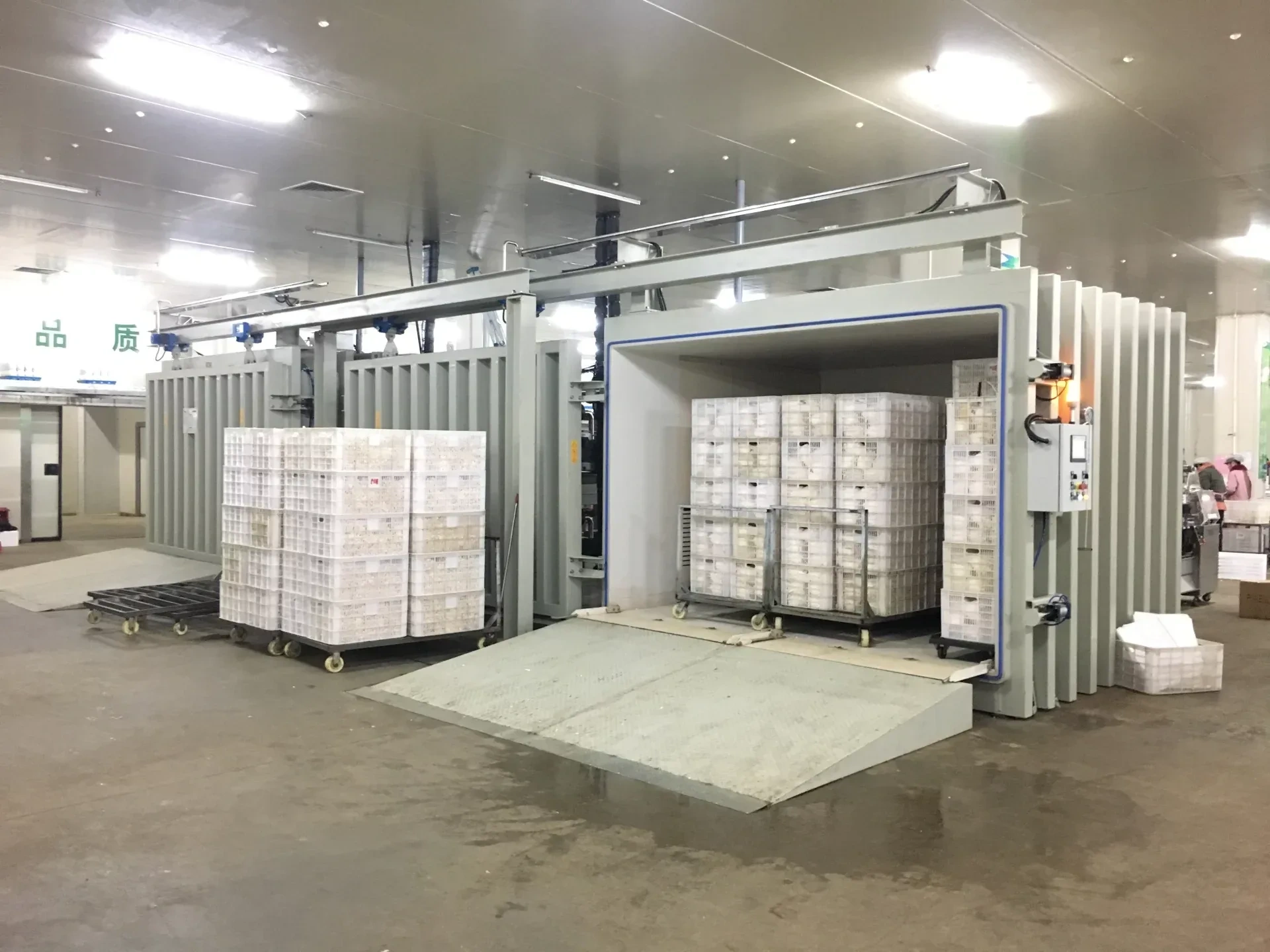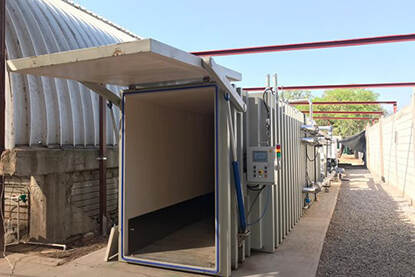The Economic Benefits of Vacuum Cooling
Finding innovative ways to cut costs, increase efficiency, and drive growth is crucial. One such innovation that is making waves across various industries is vacuum cooling. This technology, initially popularized in large-scale operations, is now proving to be a game-changer.
Cost Savings
- Reduced Energy Consumption
Vacuum cooling is significantly more energy-efficient than traditional cooling methods. By rapidly reducing the temperature of products in a controlled vacuum environment, it consumes less power, translating to lower energy bills. For SMEs operating on tight budgets, these savings can be substantial over time. - Decreased Product Loss
Traditional cooling methods can lead to uneven cooling and moisture loss, resulting in spoilage and waste. Vacuum cooling ensures uniform cooling, maintaining product quality and extending shelf life. This reduction in product loss means more sellable goods and higher revenues for SMEs. - Lower Maintenance Costs
Vacuum cooling systems are generally more reliable and require less maintenance than traditional cooling systems. Fewer breakdowns and less frequent maintenance mean reduced operational disruptions and lower repair costs, contributing to overall cost savings.
Increased Efficiency
- Faster Cooling Times
One of the standout benefits of vacuum cooling is its speed. It can cool products in a fraction of the time compared to conventional methods. For SMEs, this means faster turnaround times, increased production capacity, and the ability to meet high demand without compromising on product quality. - Enhanced Product Quality
Vacuum cooling preserves the freshness, texture, and nutritional value of products better than traditional cooling methods. Higher product quality leads to greater customer satisfaction and repeat business, driving long-term growth for SMEs. - Streamlined Operations
Implementing vacuum cooling can streamline operations by reducing the steps needed to prepare products for market. This simplification of processes can lead to more efficient workflows, freeing up resources to focus on other critical areas of the business.
Potential for Growth and Expansion
- Market Differentiation
SMEs that adopt vacuum cooling can differentiate themselves from competitors by offering superior quality products. This unique selling proposition can attract new customers and open up new market opportunities. - Scaling Opportunities
With the increased efficiency and cost savings provided by vacuum cooling, SMEs can reinvest the saved resources into expanding their operations. Whether it's scaling up production, entering new markets, or investing in marketing and sales, vacuum cooling can provide the financial flexibility needed for growth. - Sustainable Business Practices
Consumers are increasingly favoring businesses that adopt sustainable practices. Vacuum cooling uses less energy and reduces waste, allowing SMEs to market themselves as environmentally friendly, which can enhance their brand image and attract eco-conscious consumers.
Vacuum cooling offers a host of economic benefits that can significantly impact their bottom line. From cost savings and increased efficiency to growth and expansion potential, this innovative technology is well worth considering for SMEs looking to stay competitive and thrive in today's market. By adopting vacuum cooling, SMEs can not only improve their financial health but also pave the way for a sustainable and prosperous future.


